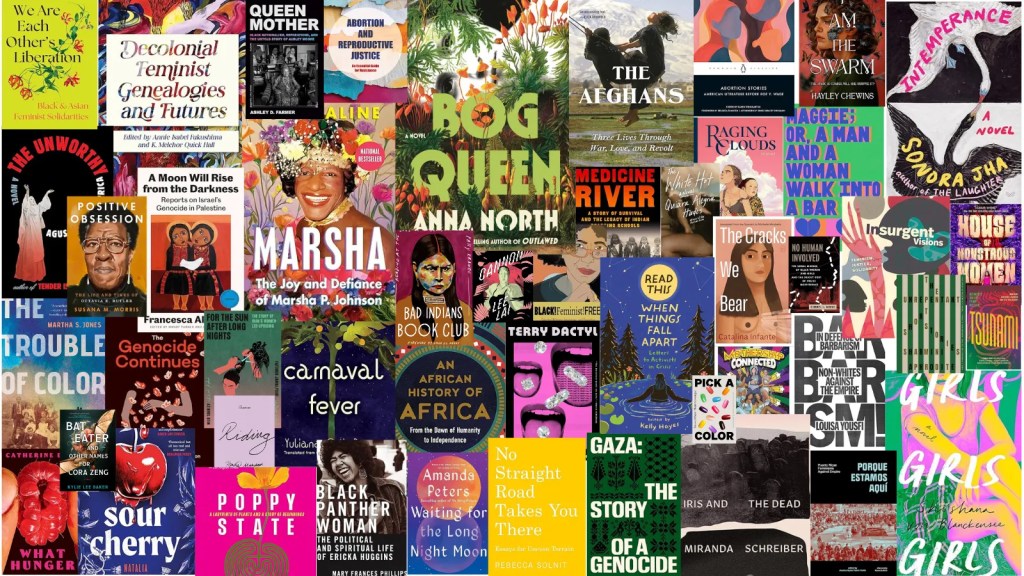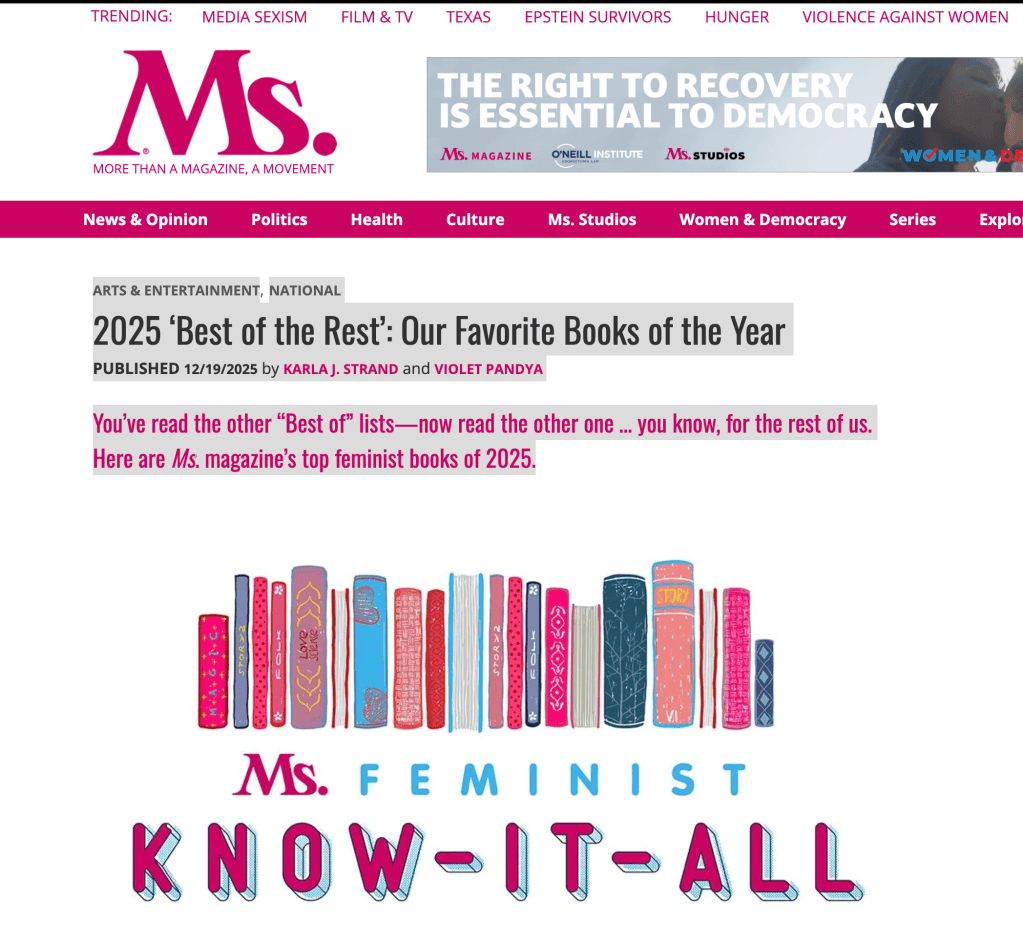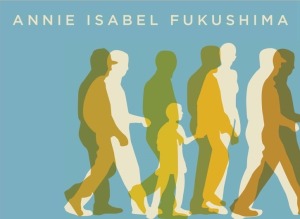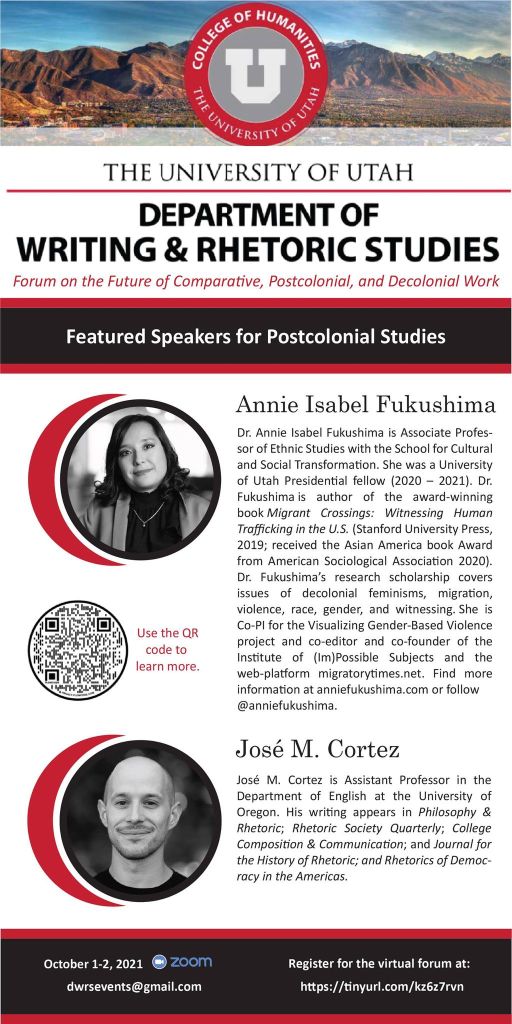Annie Isabel Fukushima, Annie Hill, and Jennifer Suchland
Read full length editorial here: https://www.antitraffickingreview.org/index.php/atrjournal/article/view/573/424
Excerpt:
Soon after the World Health Organization (WHO) discovered a mysterious coronavirus in Wuhan, China, in January 2020, the world faced a global pandemic. By July 2021, it was estimated that more than 196 million people were infected and more than 4 million had died, with untold global effects.[2] The pandemic led to governmental responses such as lockdowns, curfews, and other restrictions on movement that affected schools, services, businesses, families, and communities. Countries around the world wrestled with questions like: How to teach children learning from home?[3] Who counts as an essential worker?[4] How to deliver services when social systems are strained or in danger of collapse?[5] In this context, the anti-trafficking movement, composed of educators, activists, service providers, healthcare workers, and many others, faced demands for distanced connections utilising online learning, telehealth services, Massive Open Online Courses, virtual exchange, and other forms of digitally-mediated communication.[6]
During the pandemic, people began to understand ‘Zoom’ connections as part of an everyday lexicon where web-video meetings were a central form of communication. While some people saw the possibilities to radically alter and expand education, the pandemic also exacerbated neoliberal market pressures that privilege privatised teaching and learning, entrench the digital divide, and threaten local and Indigenous knowledge systems.[7] Additionally, it was apparent that vulnerable populations were rendered even more vulnerable due to economic instability, resource scarcity, and heightened conditions of exploitation, to name but a few of the pandemic’s effects.[8] And yet, at the same time, global uprisings for Black lives in the summer of 2020,[9] and protests against anti-Asian rhetoric and racism,[10] enabled many people to see that education is critical for challenging white supremacy and colonialism, including within the anti-trafficking movement.[11] In effect, education became highly visible due to the pandemic because everyone needed to know about the coronavirus and learn new ways to interact, communicate, work, and organise online, in-person, locally, and globally. Lessons from the pandemic regarding structural vulnerabilities, educational modalities, and radical possibilities for change must now be incorporated into the anti-trafficking movement, if it endeavours to challenge interlocking forms of exploitation and oppression occurring across the globe.
The aim of this Special Issue of the Anti-Trafficking Review is to catalyse a collective process of reflection on and evaluation of the current state and stakes surrounding education on human trafficking. The theme of the Special Issue emerged from conversations among the three guest editors several years ago, and it is even more urgent given the pandemic and its compounded effects. The three of us are scholars and educators who have long been invested in critical trafficking studies, albeit from different academic domains that include Ethnic Studies, Rhetoric, and Feminist Studies.[12] In our conversations, we shared similar concerns about the proliferation of education on human trafficking and how it was frequently framed as an assumed ‘good’ without critical reflection or evaluation. Today, anti-trafficking education extends well beyond the college classroom, accompanied by a significant rise in the sites and stakeholders offering educational resources, such as specialised curricula created for professionals in healthcare, social services, legal professionals, and law enforcement. In the United States, anti-trafficking education is also state-mandated for various people and professions, such as for truck drivers in Arkansas and Kansas;[13] hotel and motel employees in California;[14] staff at lodging establishments in Florida;[15] and law enforcement agents in Georgia[16] and Indiana.[17] Other states require youth to receive education on trafficking as part of a comprehensive sexual health education. In Southeast Asia, the ride-hailing company Grab is training its drivers to ‘spot victims’.[18] In the Indian state of Odisha, NGOs provided pre-migration training for female migrants as a means to prevent labour-related exploitation.[19] The argument for much anti-trafficking educational expansion is that people in diverse professions interact with trafficking survivors and those in trafficking situations but lack the knowledge to identify victims or provide assistance. Thus, increasing numbers of people are being trained and taught to take part in anti-trafficking initiatives on their own or in collaboration with police, victim services, and the criminal legal system.
Please cite this article as: A I Fukushima, A Hill, and J Suchland, ‘Editorial: Anti-Trafficking Education: Sites of care, knowledge, and power’, Anti-Trafficking Review, issue 17, 2021, pp. 1-18, https://doi.org/10.14197/atr.201221171.
Check out the full special issue here: https://www.antitraffickingreview.org/index.php/atrjournal/issue/view/28
Short articles





